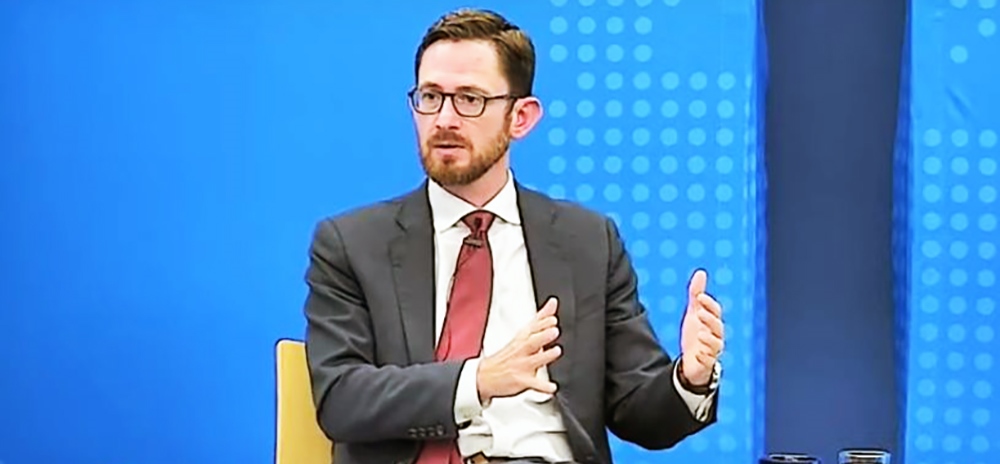Washington’s special representative for Afghanistan said on Tuesday night that the Islamic Emirate’s quest for normalization of relations with the international community faces significant obstacles due to their policies.
Speaking at the Stimson Center, a nonpartisan think-tank in Washington, Thomas West said: “Steps toward normalization, I think, are not going to be possible. And I think there will remain remarkable unity among the international community until and unless we see a significant change in their (IEA) treatment of the population.”
West said the United States was not leading the global consensus for nonrecognition but has a set of conditions that are unfulfilled by the IEA.
“First, the Taliban (IEA) need to fundamentally fulfill their security obligations,” West said, adding that while al-Qaeda had been reduced to a “historic nadir” since it moved to Afghanistan from Sudan in 1996, concerns persist about other terror groups still operating in the country.
West also highlighted the necessity for the IEA to establish a more inclusive political system and guarantee women’s rights to education and work.
He also said meaningful reforms and changes in the country should originate from within Afghanistan rather than being imposed through external pressure.
“If a change has to occur on allowing women to return to secondary schools, girls’ secondary schools, and then to university, it’s going to come from inside the country. It is not going to come because I asked for it. … It will be an internal matter,” he said.
West meanwhile acknowledged the active role played by several majority Muslim countries, such as Qatar and Indonesia, as well as the Organization for Islamic Cooperation (OIC), in engaging the IEA on women’s rights issues.
Last month, an OIC delegation of Islamic scholars from some Muslim-majority countries visited Afghanistan to try to persuade Islamic Emirate officials to lift the ban on women’s secondary education and work.













